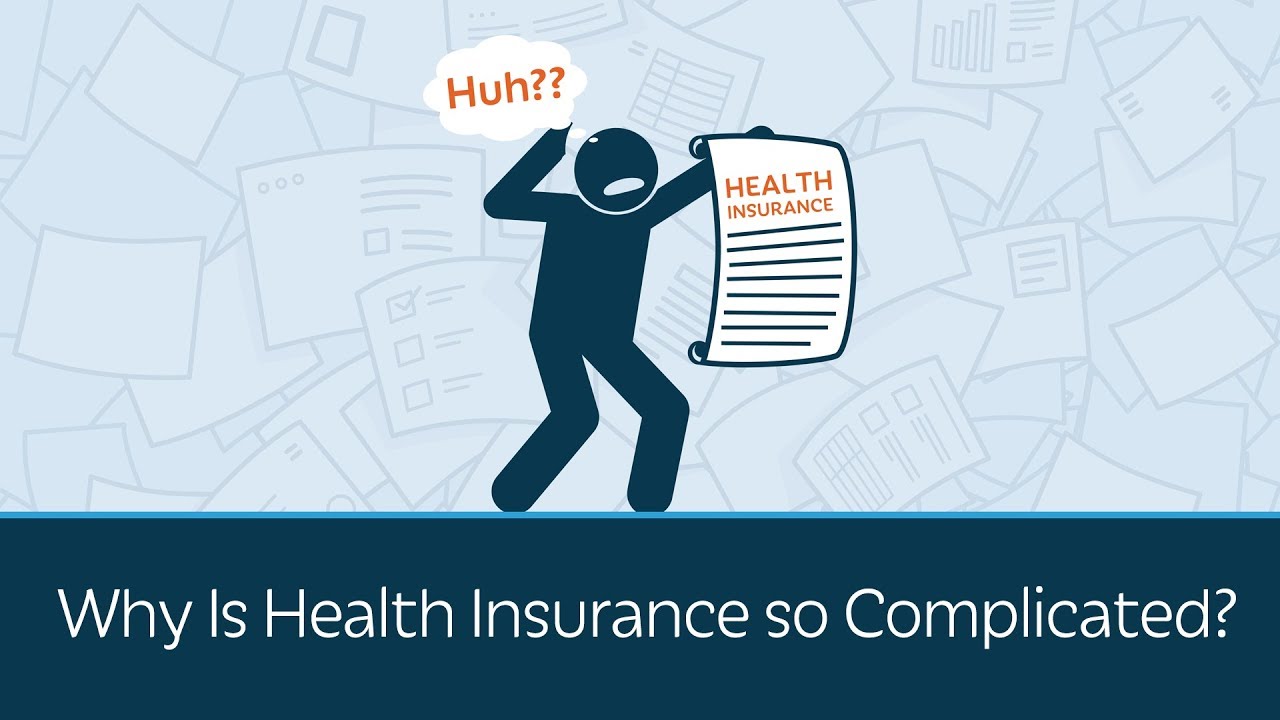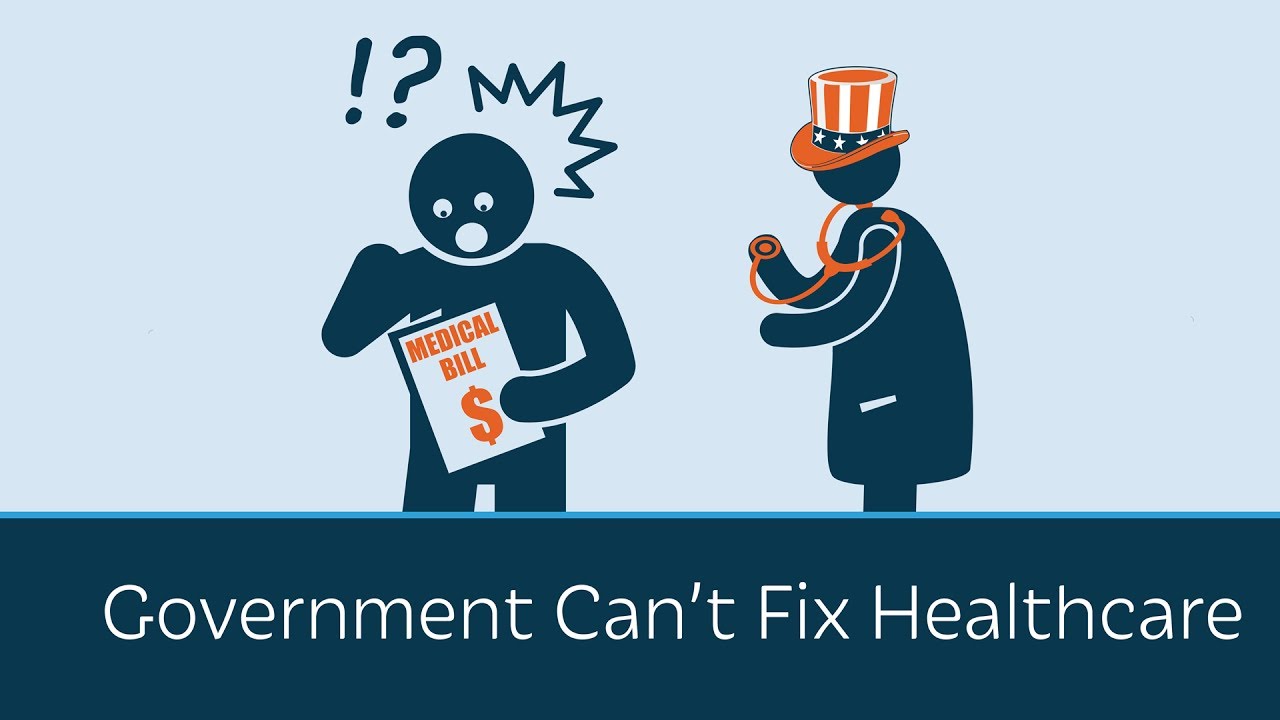Why is health insurance so complicated, while car insurance and life insurance are so simple? Can health insurance be more like, well, insurance? Lanhee Chen, fellow at the Hoover Institution, explains.
Donate today to PragerU! http://l.prageru.com/2eB2p0h
Have you taken the pledge for school choice? Click here! https://www.schoolchoicenow.com
Get PragerU bonus content for free! https://www.prageru.com/bonus-content
Download Pragerpedia on your iPhone or Android! Thousands of sources and facts at your fingertips.
iPhone: http://l.prageru.com/2dlsnbG
Android: http://l.prageru.com/2dlsS5e
Join Prager United to get new swag every quarter, exclusive early access to our videos, and an annual TownHall phone call with Dennis Prager! http://l.prageru.com/2c9n6ys
Join PragerU's text list to have these videos, free merchandise giveaways and breaking announcements sent directly to your phone! https://optin.mobiniti.com/prageru
Do you shop on Amazon? Click https://smile.amazon.com and a percentage of every Amazon purchase will be donated to PragerU. Same great products. Same low price. Shopping made meaningful.
VISIT PragerU! https://www.prageru.com
FOLLOW us!
Facebook: https://www.facebook.com/prageru
Twitter: https://twitter.com/prageru
Instagram: https://instagram.com/prageru/
PragerU is on Snapchat!
JOIN PragerFORCE!
For Students: http://l.prageru.com/2aozfkP
JOIN our Educators Network! http://l.prageru.com/2aoz2y9
Script:
Americans carry many different forms of insurance. There’s car insurance, home insurance, life insurance, even pet insurance . . . Most of these insurance policies work well and are fairly priced. But there is one glaring exception: health insurance. Only health insurance becomes more complicated and more expensive at the same time. So, the obvious question is: why?
To answer this question, we have to start at the beginning. What is insurance? It’s pretty straight-forward: You pay a monthly fee which provides financial protection against unforeseen, sometimes catastrophic, events. People buy homeowners insurance, for example, to protect themselves from the financial loss incurred in the event of a fire, a flood or theft. Because millions of people are paying into the insurance pool, the pool has enough money to cover the unlucky person whose house does burn down.
And since insurance is meant to share risk, it only stands to reason that higher-risk individuals have to pay more to be insured. Someone who has had two accidents is going to pay more for car insurance than someone who has never had an accident. Why? Because their track record indicates they are more likely to have another accident.
But while insurance provides a bulwark against unforeseen loss, it does not protect against routine expenses. Car insurance protects you in the event that you wind up in a car wreck or your vehicle is stolen, but it doesn’t cover routine maintenance like oil changes, replacing brake pads or tire erosion. Why? Because everyone needs routine oil changes, new brake pads, and new tires. So, there is no risk to protect against.
Health insurance in America works very differently. Many of us have health insurance plans that aren’t insurance at all. They’re really pre-paid health care plans. They cover routine check-ups, less serious illnesses, and recurring expenses like prescription medications in addition to protecting you from a health disaster. All of this has made healthcare much more expensive and complex than any other form of insurance. That is true whether you get your insurance through your employer, through the government, or if you pay for your own plan.
The Affordable Care Act, known as Obamacare, was passed on the promise that it would fix these issues and bring down healthcare costs. But it has actually made the problem much worse.
First, it limited the variety of health insurance plans private companies could offer. It did this by mandating that every plan had to cover the same set of ten health benefits, including preventive care, maternity care, mental health care, and contraception.
Second, Obamacare prevented insurers from charging premiums based on the risk they were assuming. A person with a much higher risk of getting sick couldn’t be charged more than a person with a much lower chance.
These two aspects of Obamacare – requiring all policies to have certain coverages and not allowing insurance companies to charge more for riskier clients – caused the price of insurance to rise dramatically. In Arizona, for example, the price more than doubled between 2016 and 2017 alone.
For the complete script, visit https://www.prageru.com/courses/political-science/why-health-insurance-so-complicated

